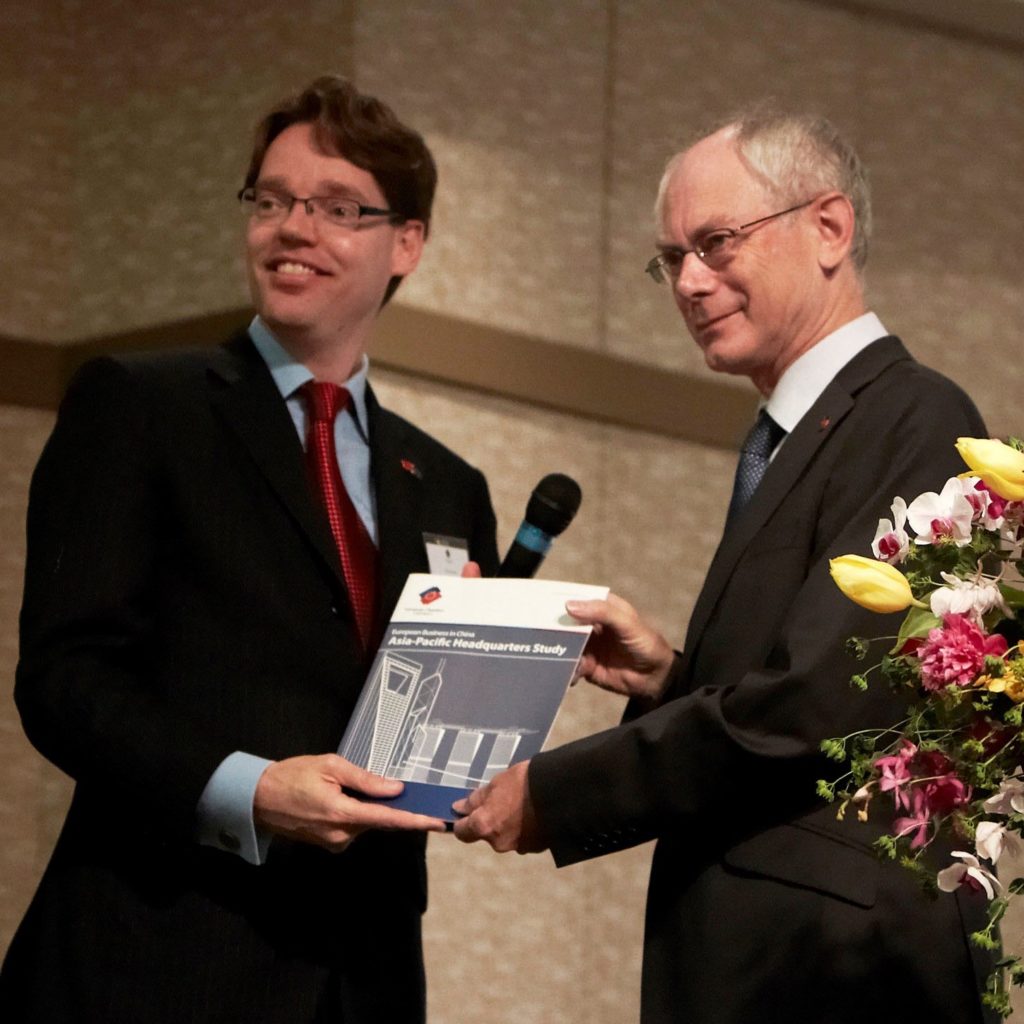
Interview with Piter de Jong, former Chair, European Union Chamber of Commerce in China, Shanghai Chapter
How long have you been in China?
I lived in China from 1998 to 2016. I was Board Member of the European Chamber Shanghai Chapter from 2007 to 2010 and Shanghai Chair from 2010 to 2013.
How did you first get involved in the European Chamber’s work and what were some of the main challenges then?
I first got involved in the European Union Chamber of Commerce in China via the Banking Working Group. As Branch Manager of ING Bank N.V. Shanghai Branch, I found it very useful to exchange ideas with people from other European banks. We were competitors, but at the same time, we were in the same boat: trying to increase the market share of foreign banks in China. The regulatory environment was very unstable and often unclear. Exchanging information with peers on the regulatory environment was very helpful.
In its 20-year history, what would you say is the European Chamber’s biggest accomplishment?
Providing a consistent channel for dialogue between the Chinese government and European businesses. Over the years, the Chamber has built up a reputation for quality comments and suggestions on the regulatory environment, via the Position Papers. This has made it an interesting counterpart for Chinese regulators at many levels. As a result, the Chamber is able to make a difference for its members. The impact was often very specific and sometimes very local. Major changes are always difficult, but practical solutions to make life easier for European businesses were mostly possible. The devil is always in the details, in the detailed implementation of rules, rather than the general law. This is where working groups, with deep practical insights into the issues, can deliver value to the European Chamber’s members.
What’s the difference in China’s business/regulatory environment in your industry today vs. 20 years ago?
In banking, there has been constant change in the regulatory environment. When I started in banking in Shanghai in 1998, foreign banks were encouraged to expand. There was no renminbi lending licence yet; we were no threat to anyone. The regulator was often interested in how foreign banks operated and copied our internal guidelines and manuals as examples and teaching materials for local banks. That all changed after the banking crises in 2008. Foreign banks were no longer considered shining examples of compliance and prudent banking. Increasingly, the regulators imposed very strict local regulations on foreign banks, often crippling the business model. During my years in Shanghai, the market share of all foreign banks never exceeded two per cent. The knowledge and capacity of the regulator has increased significantly over the years.
What do you expect to see China’s business/regulatory environment to change in 20 years?
Sooner or later, but likely within 20 years, China will open up its stock market to foreign companies and make the RMB fully convertible. This will be a major move forward whereby Shanghai will retake its position as leading global financial center in Asia. The Shanghai chapter made an interesting paper, Asia Pacific Head Quarter Study (2011), comparing Shanghai to Hong Kong and Singapore. Many key issues mentioned in that paper were then be resolved.
I expect the Chinese regulatory environment to continue to be rive with “Chinese characteristics” and the EUCCC to remain relevant to both its members and the Chinese government.
What role do you expect the European Chamber to take in the next 20 years?
I expect the Chamber to continue to be the joint, united voice of European business in China. China will develop its own set of rules. It is in the best interest of both China and European companies that ideas and suggestions are exchanged on how these set of rules can work out best for everyone involved.
What value has the European Chamber brought to you/your company/your industry?
A platform to exchange ideas with peers and advocacy for a better level playing field among banks in China.
Do you remember the European Chamber’s first government meeting you attended, who it was with and how you were received?
One of my first meetings as Board Member was with the Shanghai Ministry of Commerce (SCOFCOM) with Mr Sha Hai Lin, a very open-minded government official with a keen interest in the work of the European Chamber. It was the first of many pleasant meetings over a period of six years as we established a regular Strategic Dialogue with SCOFCOM. I also have pleasant memories of the first meetings with Dr Fan Xing Hai (now vice chair of the China Securities Regulatory Commission) and the finance events we co-organised when he was still at the Shanghai Municipal Financial Services Office.
Do you feel that the Chinese authorities care about the Chamber’s messaging and recommendations?
Yes, they certainly do. They may not implement them, but the Chinese government is always keen on collecting intelligence on what foreign companies in China are concerned with. The information that foreign companies provide via the different chambers of commerce feeds into the decision-making processes.
As you reflect on your time in the Chamber over the past years, what comes to mind?
I fondly remember the Shanghai World Expo in 2010, with its European Union Pavilion. I had the opportunity to visit the Expo over 40 times as European Chamber Shanghai Chair, meeting with government leaders and business executives from all over the world. Shanghai seemed the centre of the universe for one long, hot summer. I also have good memories of the wonderful galas the Chamber organised. This was an ideal platform to meet other members, entertain clients and exchange ideas in an informal setting.
What is the best piece of advice you can give the European Chamber for the coming years?
Stay true to the vision and mission, they seem more relevant than ever.
Piter de Jong, former Chair, European Union Chamber of Commerce in China, Shanghai Chapter
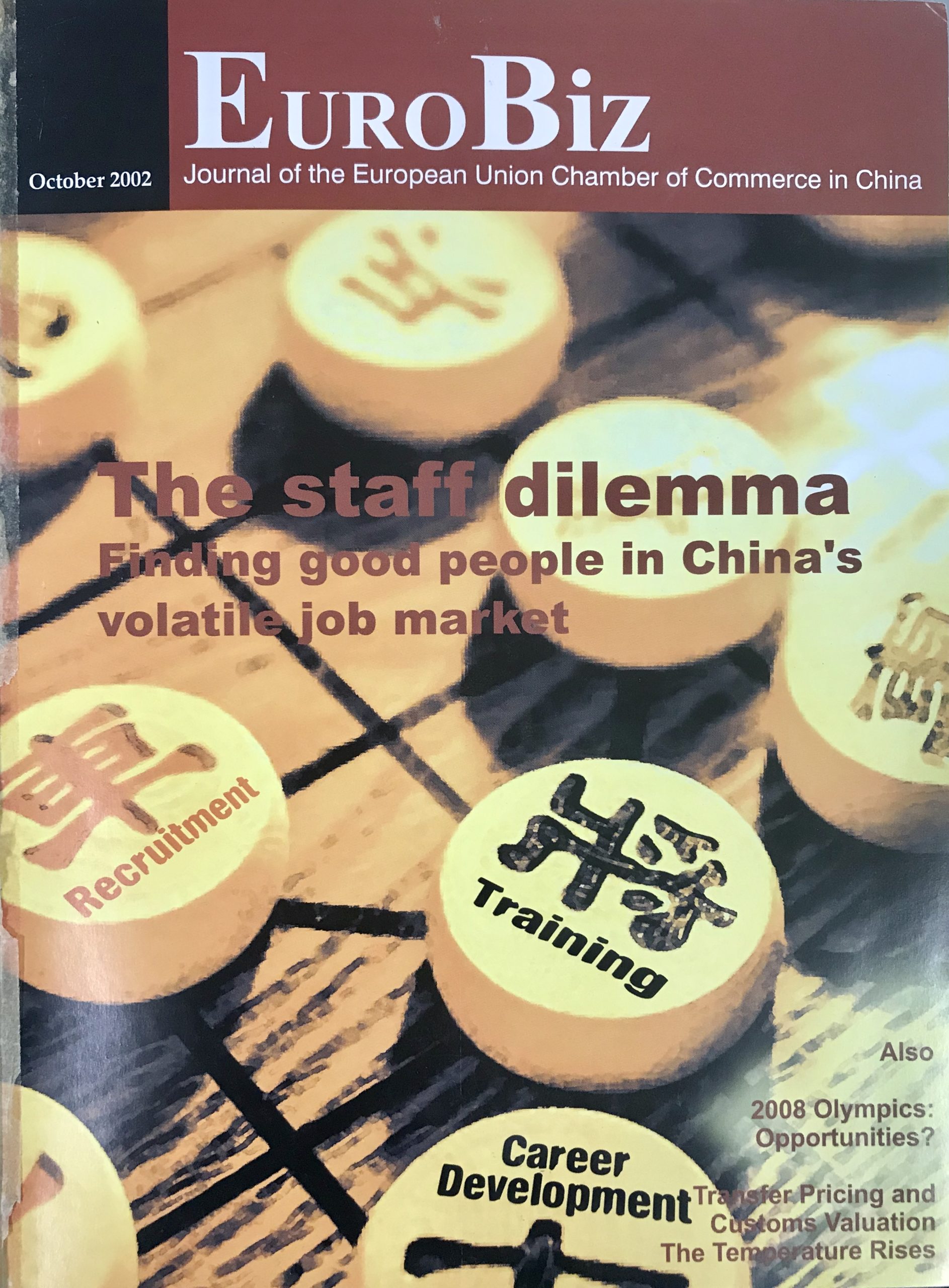
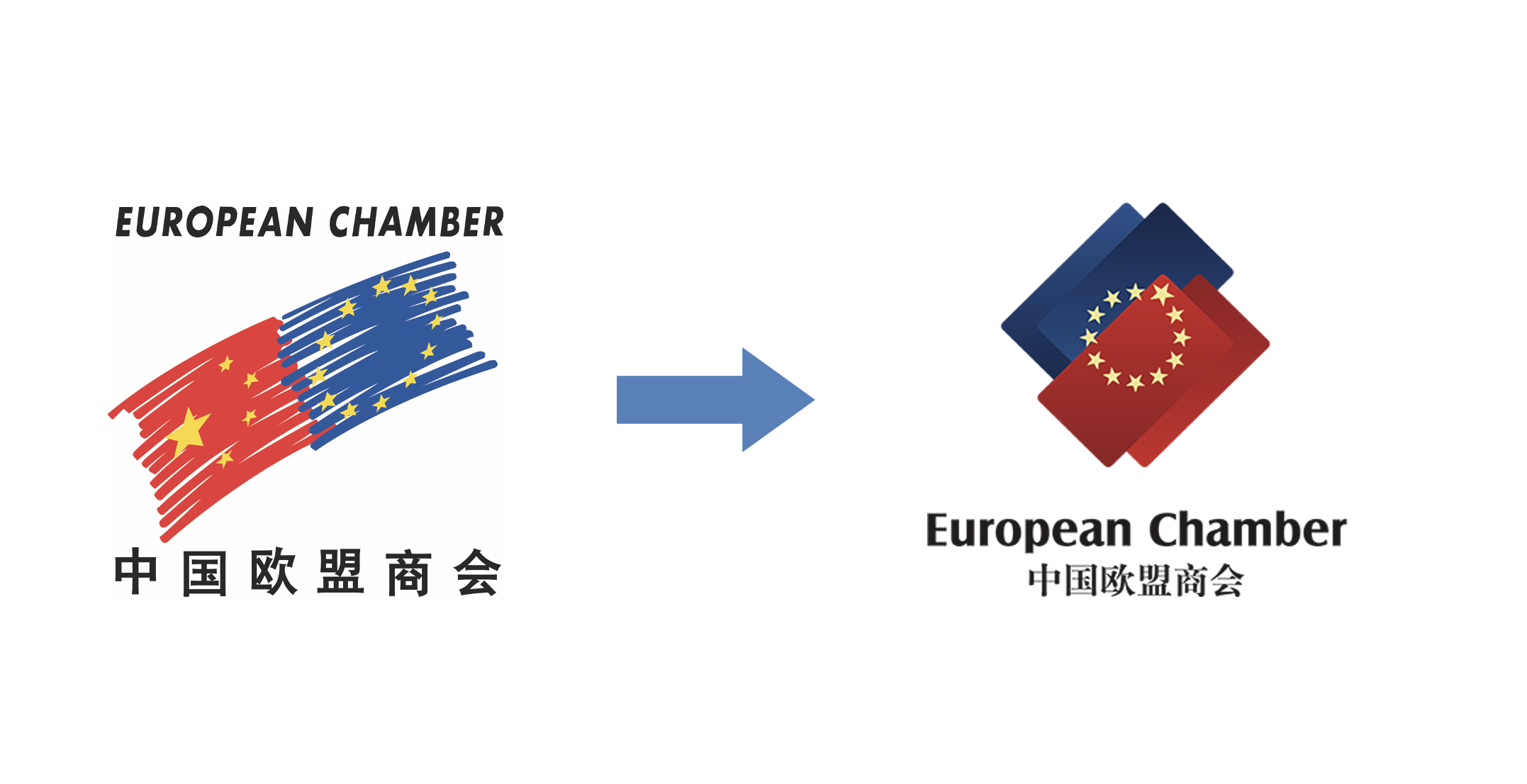
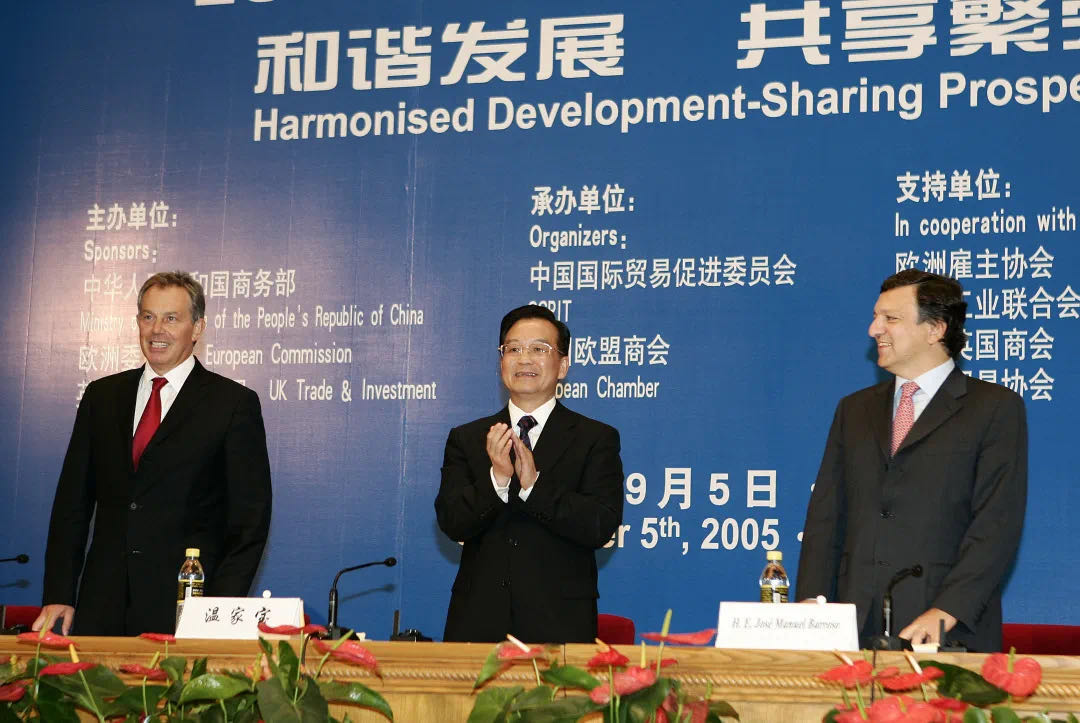
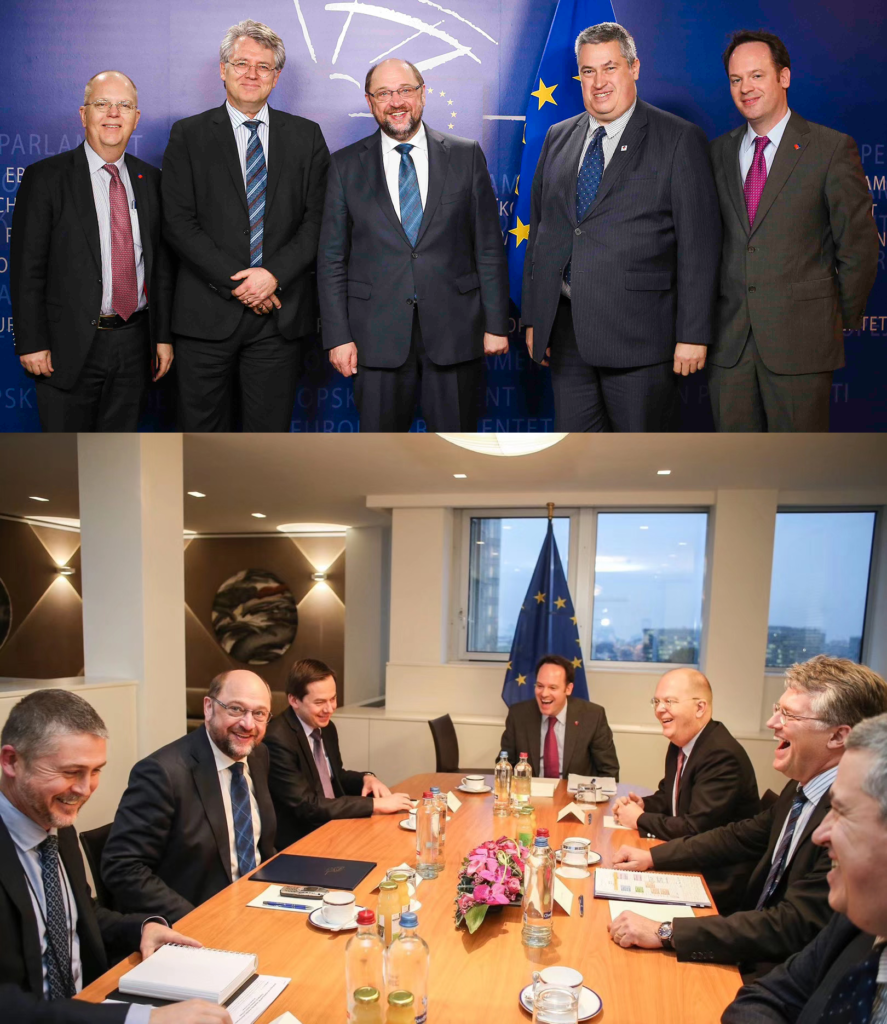

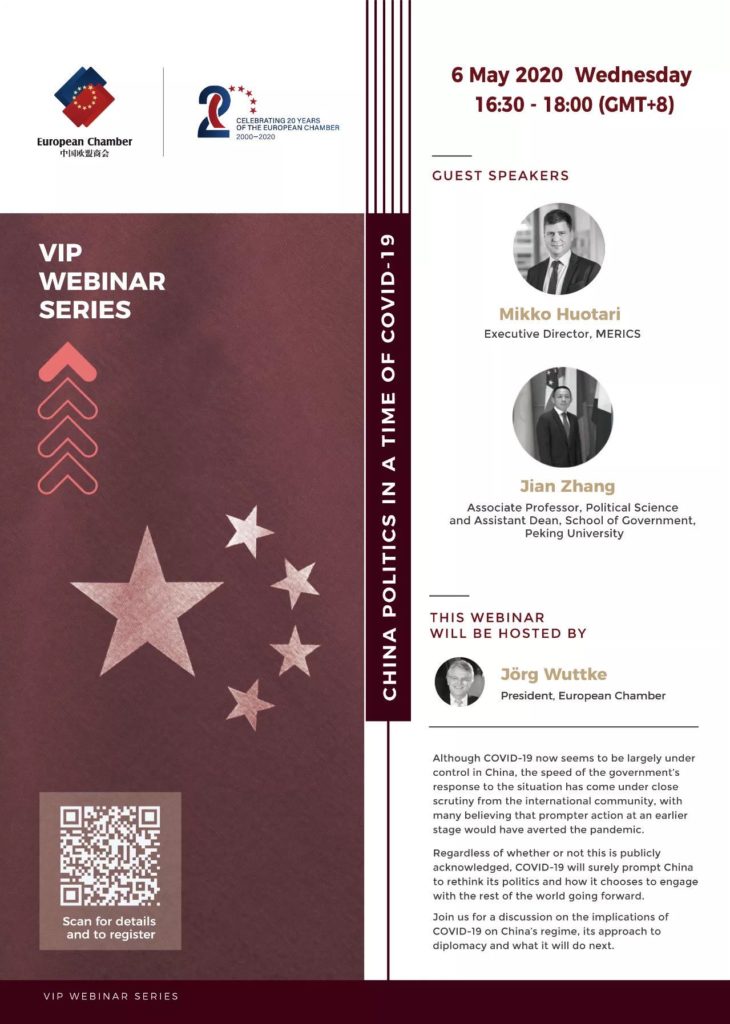
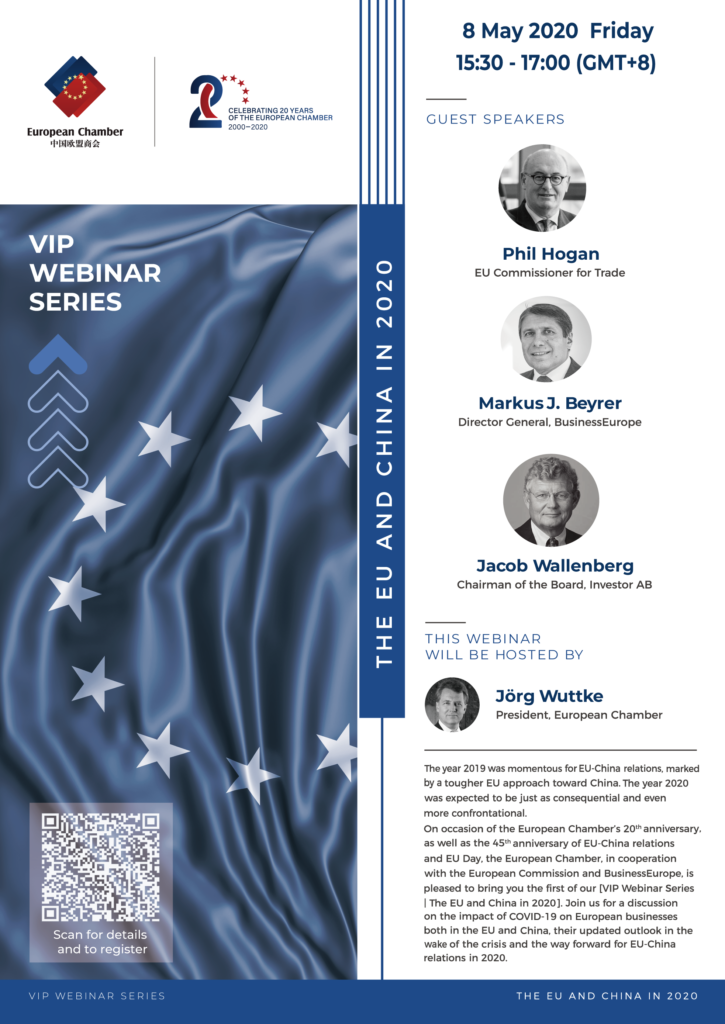
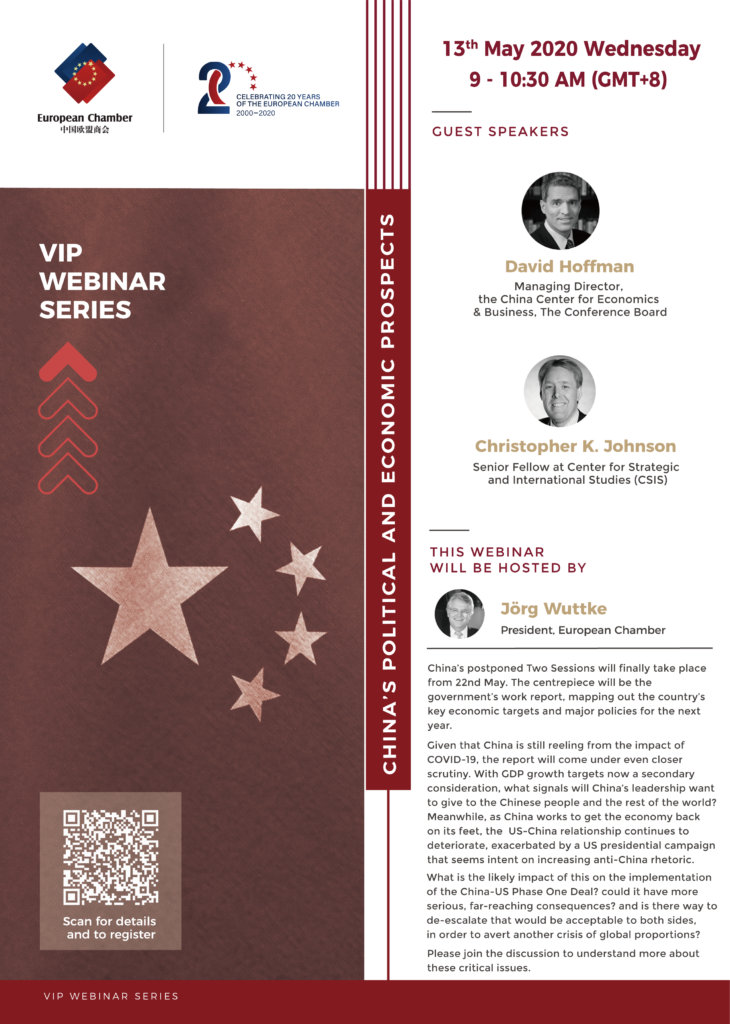
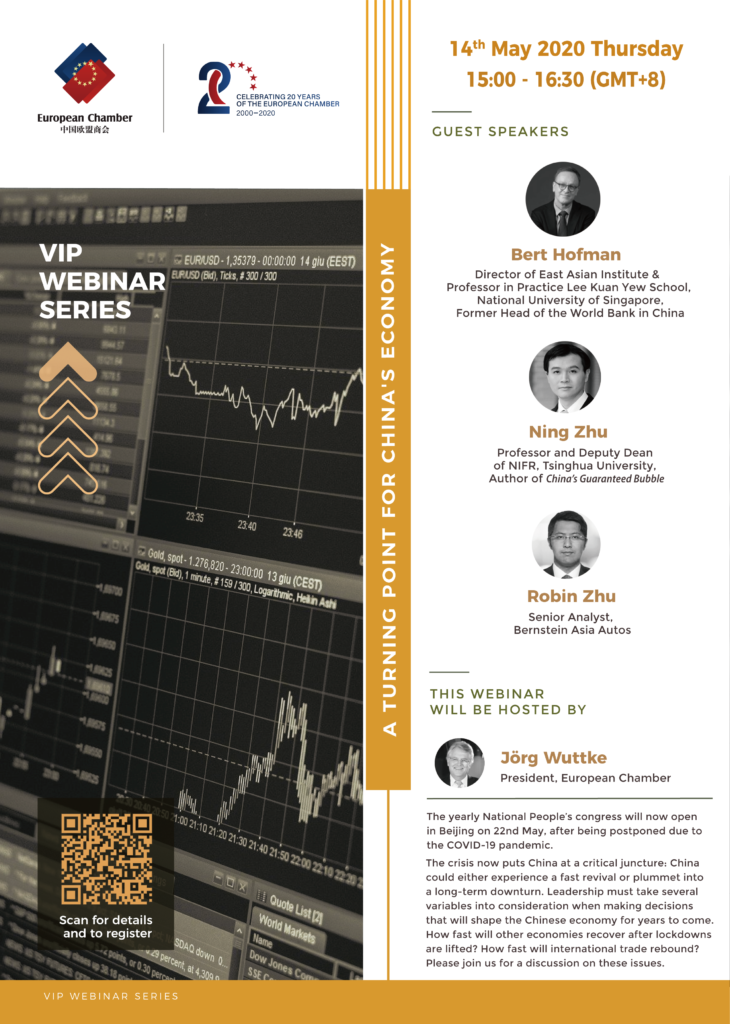
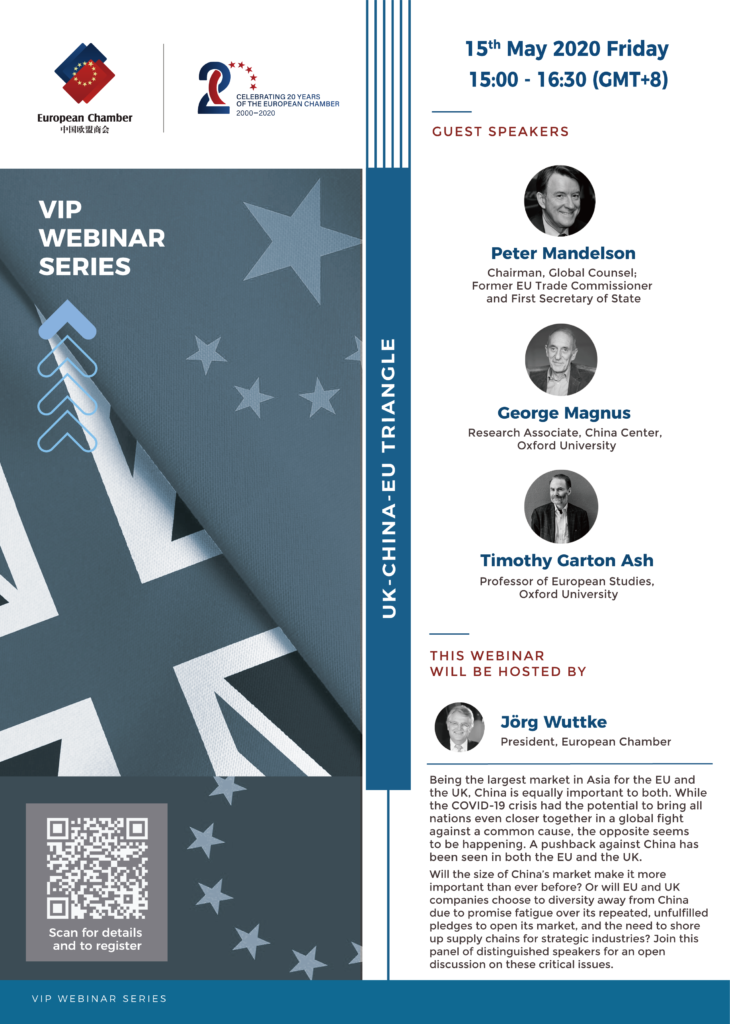
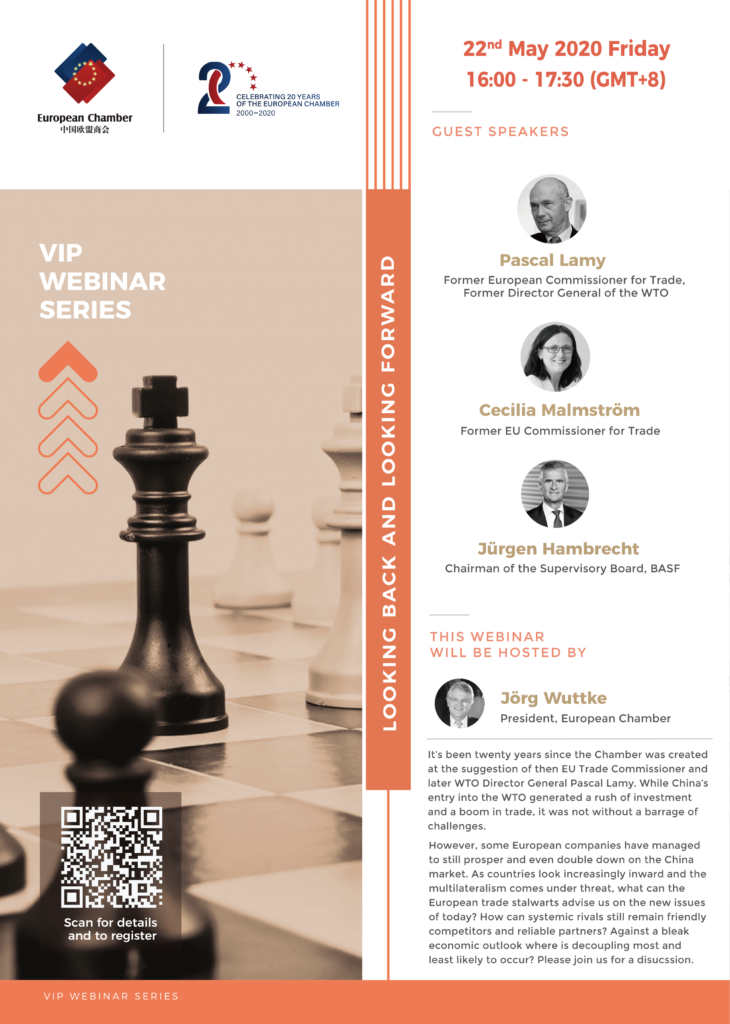
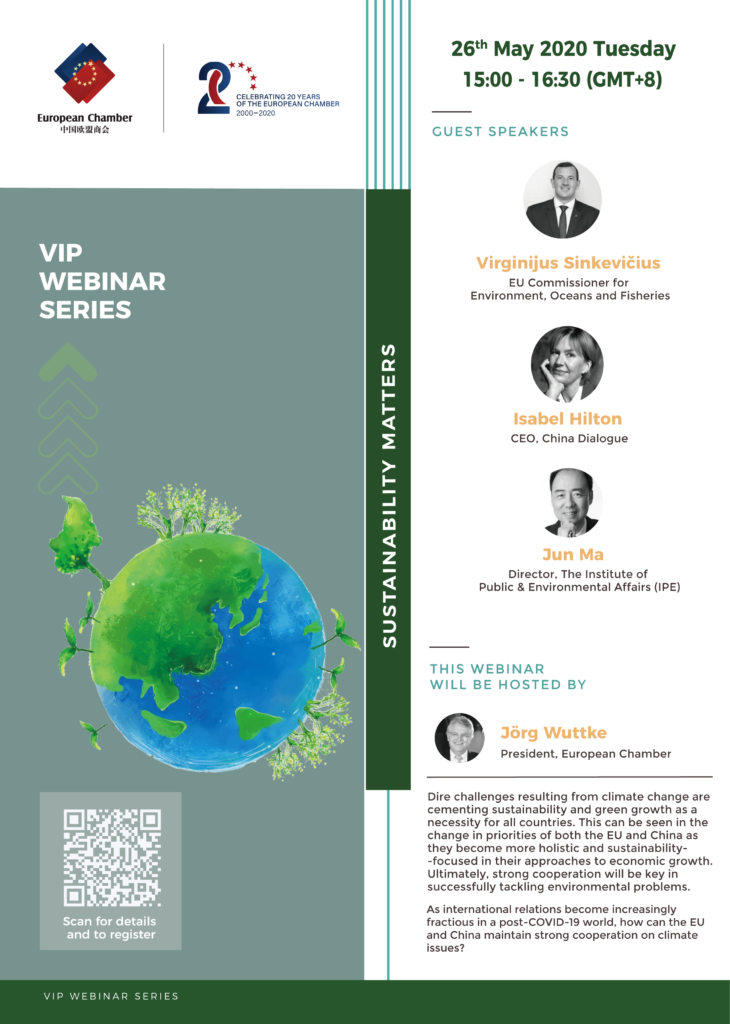
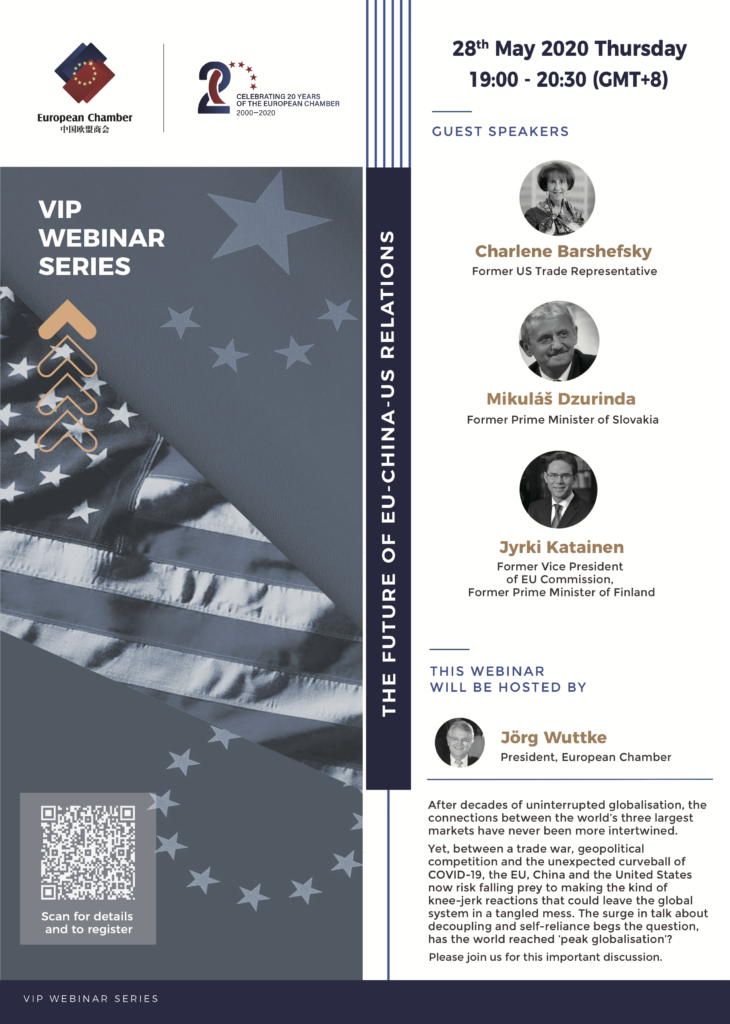
Leave a Reply